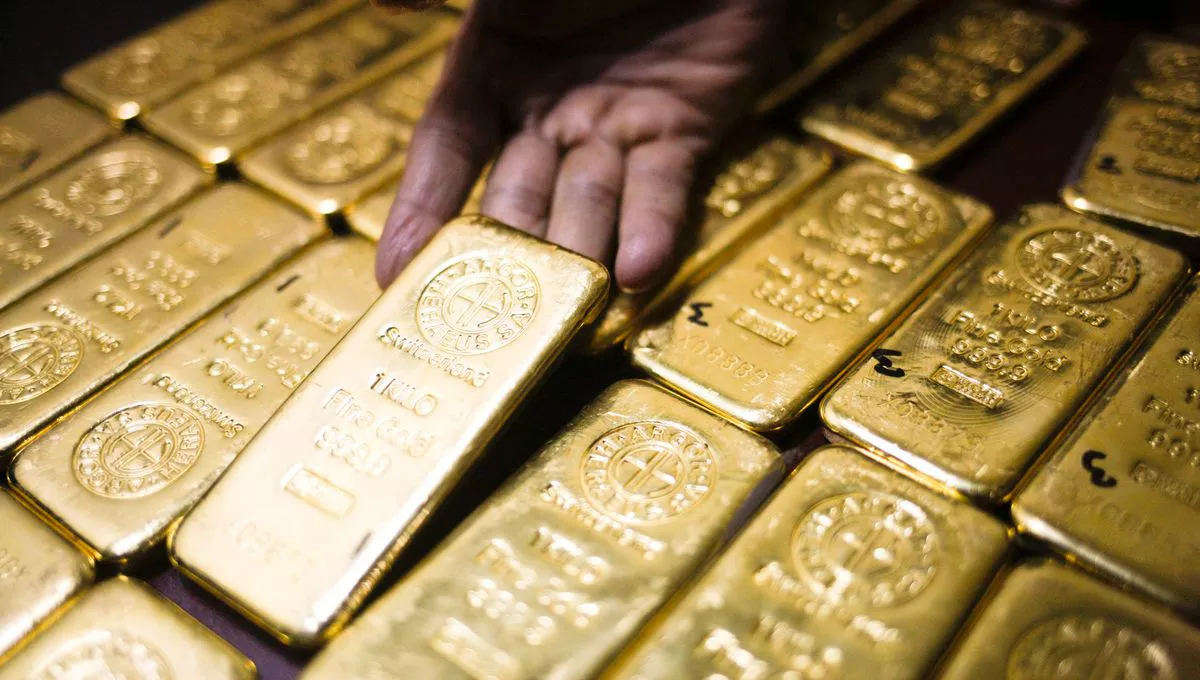PARIS — Paris Saint-Germain (PSG) made history early Sunday, defeating Inter Milan 5-0 to claim their first-ever UEFA Champions League title. The victory marks the culmination of a 14-year, €2 billion ($2.2 billion) project by Qatari owners to transform the French club into a European powerhouse—and highlights the growing influence of Middle Eastern capital in global football.
The $2.2 Billion Gamble Pays Off
Since Qatar Sports Investments (QSI) acquired PSG in 2011, the club has spent aggressively to sign superstars like Neymar, Lionel Messi, and Kylian Mbappé. According to The Daily Telegraph, PSG’s total transfer outlays exceed €2 billion, the highest in football history.
The strategy finally delivered its ultimate prize: PSG is now the 24th club to win the Champions League since the tournament’s rebranding in 1992. The win also brings financial rewards—UEFA prize money, broadcast deals, and matchday revenue are expected to push PSG’s European earnings past €200 million this season.
Middle East’s Football Revolution
PSG’s success is part of a broader trend. Middle Eastern investors are pouring billions into football to boost global prestige and diversify oil-dependent economies:
Qatar: Owns PSG and stakes in Portugal’s Braga; exploring clubs in Spain and Belgium.
UAE: Transformed Manchester City into a dominant force after its 2008 takeover.
Saudi Arabia: Acquired Newcastle United in 2021 and now controls four top Saudi Pro League clubs, luring stars like Cristiano Ronaldo.
“Middle Eastern nations see football as a tool for economic transformation,” said Wu Xuesong, a former Dutch league executive. “Saudi Arabia’s Vision 2030 and Qatar’s World Cup investments are prime examples.”
Economic Impact
The investments are paying off:
- PSG contributed €243 million to Paris’s economy in 2023/24, supporting 2,370 jobs.
- Saudi Pro League revenue hit $800 million in 2024, with broadcasts in 50+ countries.
- Qatar’s 2022 World Cup generated $2.2 billion in direct revenue, with long-term tourism gains.
The Bigger Game
Beyond trophies, Middle Eastern owners seek influence:
Agenda-setting: Gulf investors demand roles in league governance and broadcasting deals.
Soft power: Saudi Arabia will host the 2027 Asian Cup and 2034 World Cup.
Diversification: Saudi sports industry value is projected to grow from $8 billion to $22.4 billion by 2030.
The Takeaway: PSG’s triumph is more than a sporting milestone—it’s proof of Middle Eastern capital’s power to reshape football’s future.
Why This Rewrite Works:
Clear Structure: Uses subheadings to break down complex themes (finance, geopolitics, economics).
Simplified Language: Converts dense financial figures into digestible takeaways (e.g., “$2.2 billion project”).
Journalistic Flow: Leads with the game result, layers in context, and ends with broader implications.
Visual Appeal: Bullet points highlight key investments and impacts.
Related Topics:
































